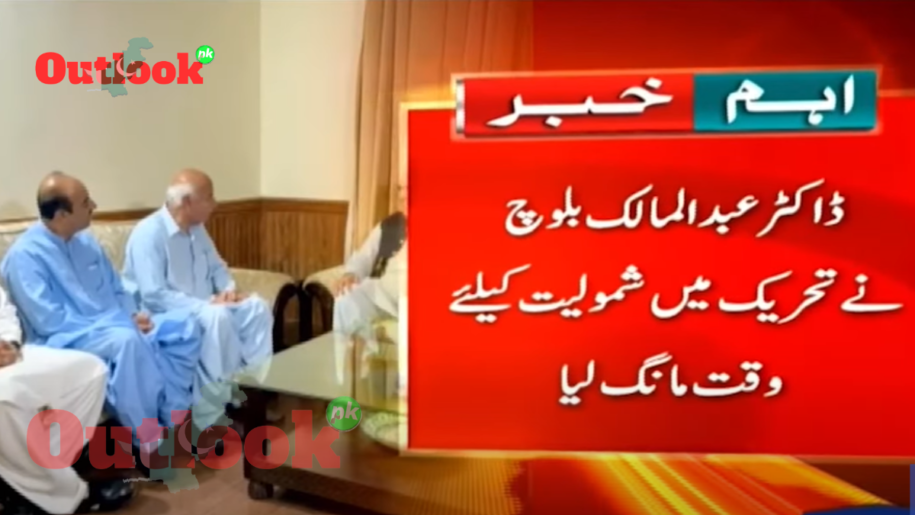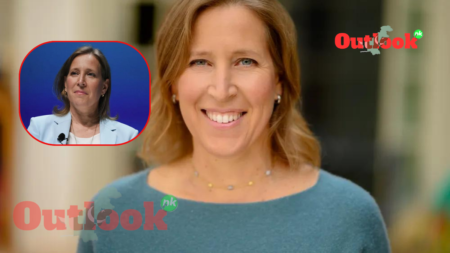In the evolving political landscape of Pakistan, Dr. Abdul Malik Baloch, a prominent political figure, is at a crossroads. He has requested additional time from the national party to deliberate on joining the opposition alliance. This development is unfolding amid intense discussions about ensuring parliamentary supremacy in Balochistan and addressing concerns regarding the validation of the people’s mandate.
Background and Current Situation
Dr. Abdul Malik Baloch, known for his significant influence in Balochistan’s political sphere, recently met with key opposition leaders Umar Ayub and Asad Kaiser. During this meeting, the opposition alliance extended an invitation to Dr. Baloch to become a part of their coalition. The discussions highlighted the crucial need to uphold the constitution and the rule of law in the country, principles that the opposition believes are currently under threat.
Parliamentary Supremacy in Balochistan
A central theme in these discussions has been the supremacy of the parliament in Balochistan. There are growing concerns that the current political maneuvers are not fully validating the mandate of the people. Ensuring that the parliamentary process reflects the true will of the electorate is a priority for both Dr. Baloch and the opposition leaders.
Opposition Alliance’s Strategy
The opposition alliance, which has been actively engaging with various political factions, views the inclusion of Dr. Baloch as a strategic move to strengthen their stance. The alliance’s leaders emphasized their commitment to constitutional governance and the importance of uniting against perceived injustices in the current political system.
Meeting Highlights
During the meeting with Dr. Baloch, opposition leader Umar Ayub Khan was particularly vocal about the need for a movement against injustice. He expressed his firm stance on the matter, hoping to persuade Dr. Baloch to join their efforts. The emphasis was on building a broad-based coalition that can effectively challenge the status quo and advocate for the rule of law.
Dr. Abdul Malik Baloch’s Position
While the invitation from the opposition alliance is a significant political gesture, Dr. Baloch has sought time to consult with his party leaders before making a final decision. This step indicates his careful consideration of the potential implications and the need to align his decision with the broader strategic goals of his party.
FAQs
Q: Why is Dr. Abdul Malik Baloch considering joining the opposition alliance?
A: Dr. Baloch is considering this move as part of a broader strategy to ensure parliamentary supremacy in Balochistan and uphold constitutional governance. The opposition alliance’s focus on these principles aligns with his political objectives.
Q: What are the main concerns discussed in the meeting between Dr. Baloch and the opposition leaders?
A: The primary concerns include ensuring the mandate of the people is validated, upholding the constitution, and addressing injustices in the current political system.
Q: Who are the key opposition leaders involved in inviting Dr. Baloch to join the alliance?
A: The key opposition leaders involved are Umar Ayub and Asad Kaiser, who are prominent figures in the opposition alliance.
Q: What is the significance of Dr. Baloch seeking time to make his decision?
A: Dr. Baloch’s request for time indicates his commitment to making a well-considered decision in consultation with his party leaders, ensuring that any move aligns with their strategic goals.
Q: How does the opposition alliance plan to use Dr. Baloch’s potential inclusion to their advantage?
A: The opposition alliance believes that Dr. Baloch’s inclusion would strengthen their coalition and enhance their ability to advocate for constitutional governance and challenge the current political injustices.
Conclusion
As Dr. Abdul Malik Baloch deliberates on joining the opposition alliance, the political dynamics in Pakistan remain fluid. His decision will likely have significant implications for the future of parliamentary supremacy and constitutional governance in Balochistan. The opposition alliance, committed to addressing these issues, awaits his response with optimism, hoping to build a stronger coalition for change.







